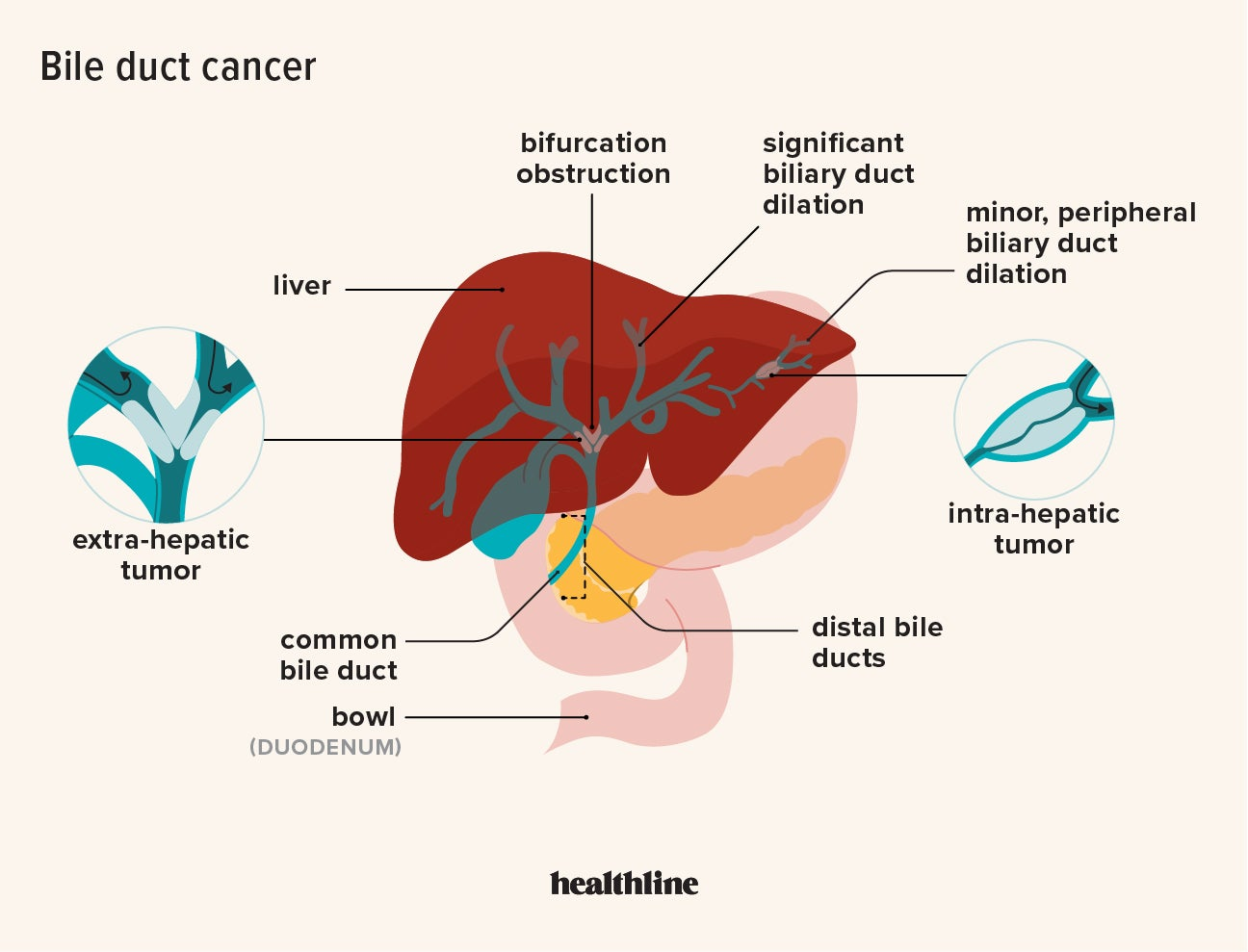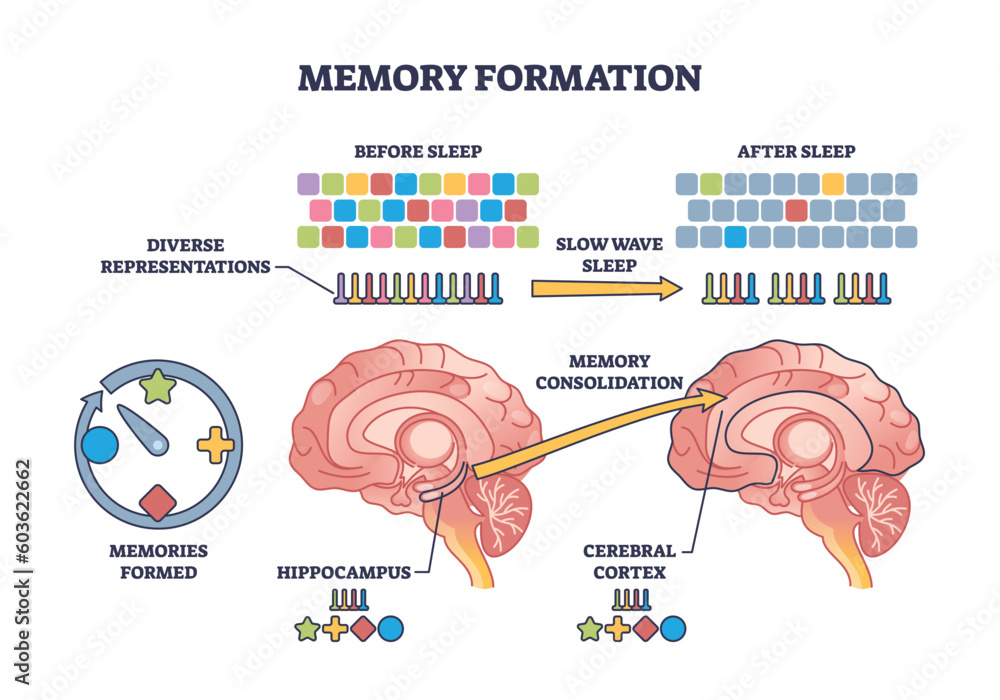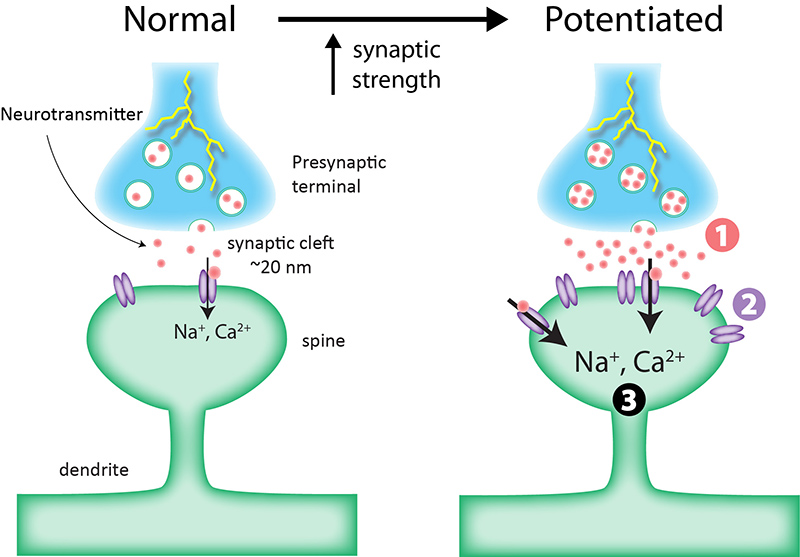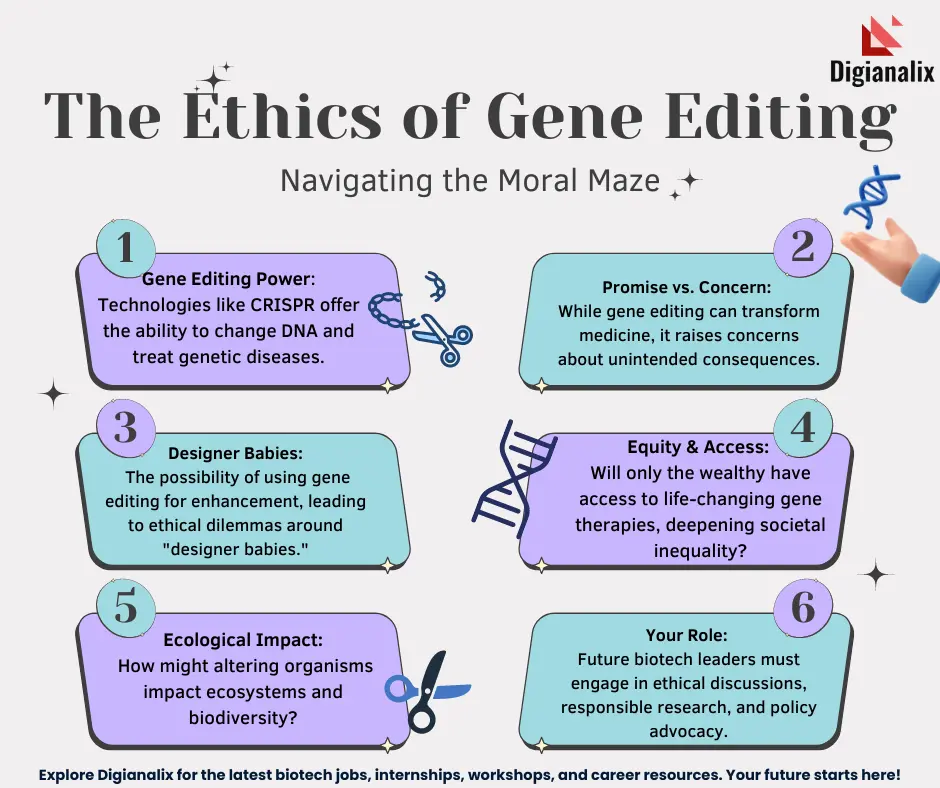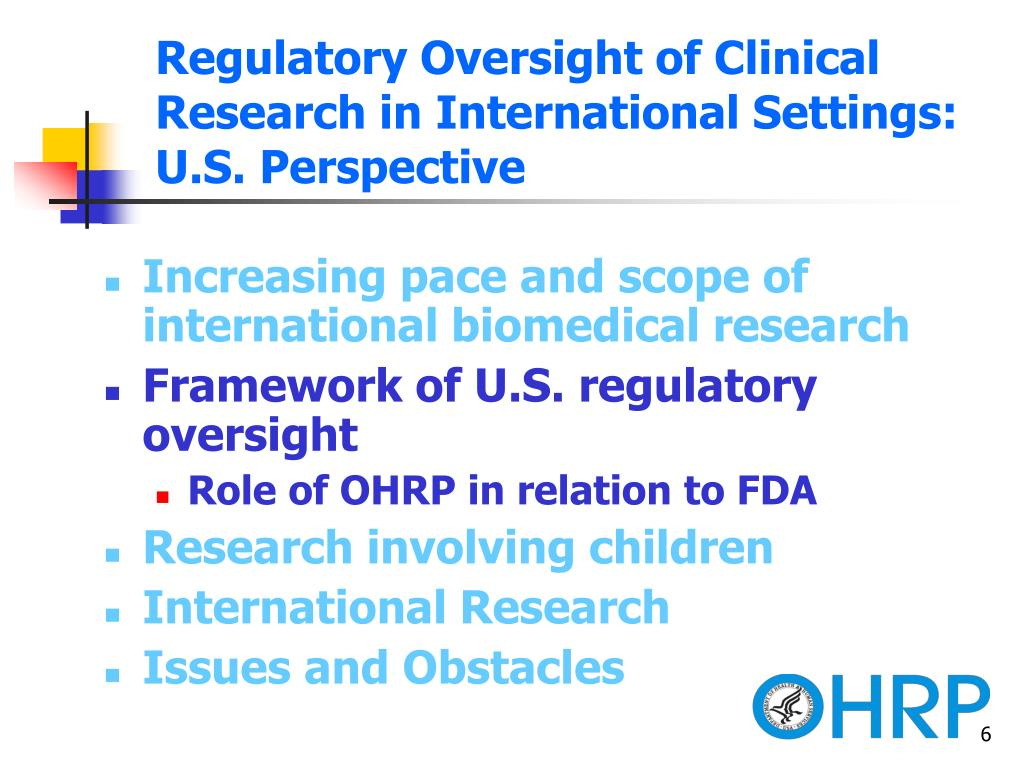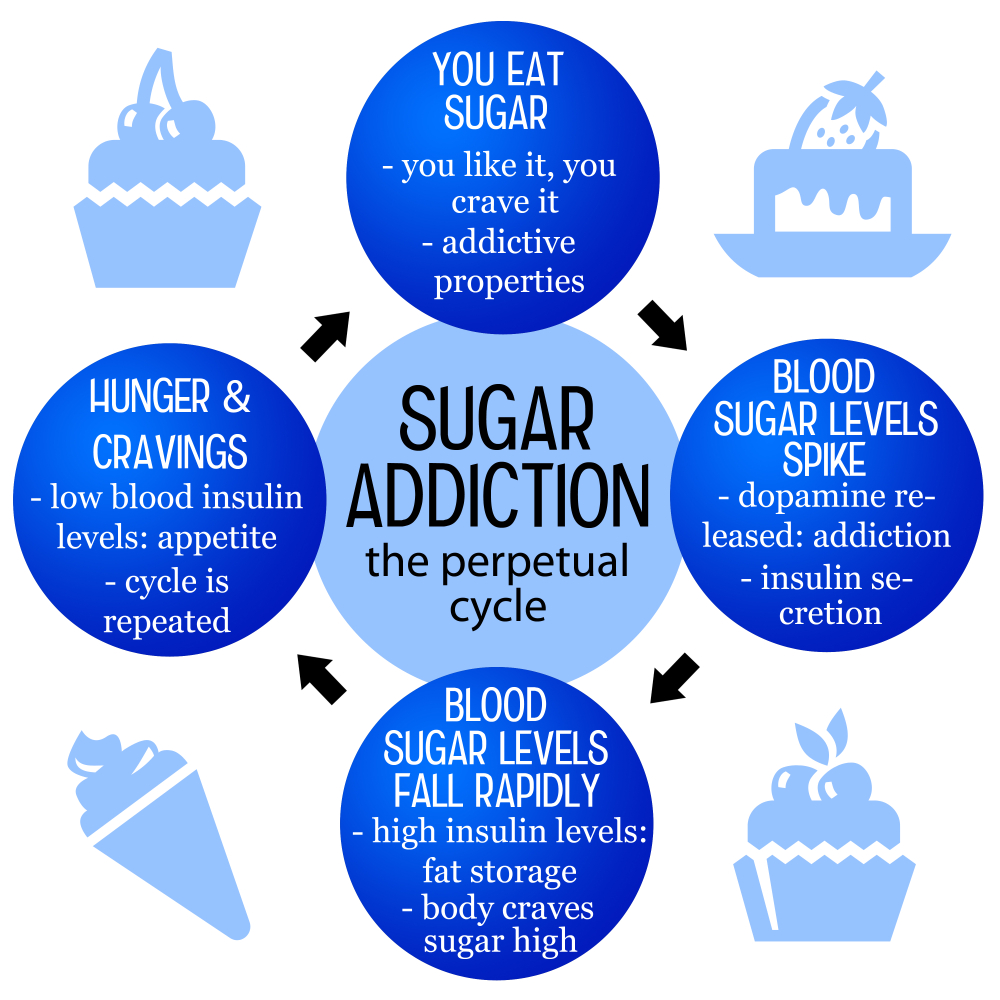
The question “Is sugar addictive?” continues to spark debate among nutrition researchers and health enthusiasts alike. While our society often indulges in sugar-laden, ultra-processed foods, many individuals grapple with persistent sugar cravings that can lead to a form of dependence. Research indicates that excessive consumption of added sugars not only affects our health but also creates an unhealthy relationship with food, reminiscent of sugar addiction. The American Heart Association even provides guidelines that caution against exceeding recommended daily sugar intake, emphasizing the need for awareness in our diets. Understanding the health effects of sugar is crucial, as moderate consumption is linked to pleasure, while excessive intake may lead to cravings and withdrawal-like symptoms upon cessation.
Exploring the nature of sugar and its potential addictive qualities requires delving into our modern dietary landscape. Often compared to addictive substances, the psychological and physiological impacts of sugar consumption can evoke strong cravings and compulsive behaviors, not unlike what one might experience with other addictive agents. Many health experts focus on the consumption of refined sugars found in processed foods, as these can significantly enhance our desire for sweet-tasting items. The ongoing discussion about sugar dependency raises questions regarding our nutritional habits and the biochemical responses associated with high sugar intake. Evaluating these complexities is essential for a balanced approach to understanding our dietary relationship with sweeteners.
Understanding Sugar Cravings
Sugar cravings can often feel overwhelming, especially in a society where sugary snacks, processed foods, and sweetened beverages are prevalent. These cravings are tied to our brain’s reward system; when we consume sugar, our body releases chemicals like dopamine that make us feel pleasure. However, understanding why these cravings occur is essential to managing them. They can be triggered not only by physiological needs but also by emotional states, environmental cues, and the mere presence of sugar in our diets.
To combat sugar cravings effectively, one must consider a balanced diet rich in whole foods such as fruits, vegetables, and whole grains. These foods not only provide essential nutrients but also stabilize blood sugar levels, which can reduce the intensity of cravings. Additionally, mindful eating practices, such as being aware of the reasons behind cravings—whether they stem from hunger or emotional distress—can help individuals navigate their relationship with sugar.
The Reality of Sugar Addiction
The debate surrounding sugar addiction continues to gain momentum in nutritional science. While some argue that the compulsive nature of sugar consumption aligns closely with addictive behaviors seen in substances like alcohol and nicotine, it’s crucial to note that sugar does not meet the same clinical criteria for addiction. Most importantly, sugar is a necessary nutrient in a balanced diet, unlike drugs that can be entirely eliminated without severe health consequences.
Despite not being classified as an addictive substance, the psychological effects of sugar can lead to a cycle of habitual consumption. Ultra-processed foods high in added sugars can create a dependency-like state, where the body increasingly craves these sweet tastes. Recognizing this cycle allows individuals to make more informed choices regarding their sugar intake, aligning with guidelines set forth by health organizations such as the American Heart Association.
Health Effects of Excessive Sugar Intake
Excessive consumption of added sugars can have profound implications on health, ranging from obesity to increased risks of chronic diseases such as diabetes and heart disease. The American Heart Association recommends limiting added sugar intake to no more than 9 teaspoons for men and 6 for women to reduce these health risks. Unfortunately, the average American consumes nearly 20 teaspoons daily, often without realizing it.
To maintain optimal health, it is vital to be vigilant about added sugars in processed foods. Reading labels and understanding the hidden sources of added sugars can significantly impact one’s overall well-being. By reducing sugar intake gradually rather than eliminating it abruptly, individuals can avoid withdrawal symptoms while still enjoying the pleasure that sweetness brings to their lives.
Navigating Processed Foods and Sugar
In today’s fast-paced world, processed foods dominate the marketplace, often laden with added sugars, unhealthy fats, and sodium. These ingredients not only enhance flavor but also make these foods highly palatable, leading to overconsumption and increased cravings for more. The convenience and accessibility of such foods heighten the risk of consuming excessive sugar, contributing to the broader issue of sugar addiction.
Finding a balance with processed foods is essential for maintaining a healthier diet. One method is to consciously make choices that include whole, unprocessed foods as primary staples in your diet. These foods provide nutrients without excessive added sugars and help maintain satiety, reducing the desire for sugary snacks. By prioritizing these choices, individuals can minimize sugar cravings and improve their overall health.
Coping Strategies for Sugar Reductions
Reducing sugar intake is a challenging yet rewarding endeavor that can lead to significant health improvements. Effective strategies include gradual reduction of sugar-laden snacks and beverages from your diet—this can ease withdrawal symptoms. It’s important to develop a plan where you replace sugary treats with healthier alternatives, such as fruits or yogurt, making the transition smoother.
Another helpful approach is to engage in awareness practices, which involve being mindful about when and why you reach for sugary options. Keeping a food diary or journaling can help identify patterns and triggers related to sugar cravings. This kind of self-reflection not only empowers individuals but also supports them in making conscious decisions that align with their health goals.
The Role of Sweetness in Our Diets
Despite the negative connotations associated with sugar, it is crucial to recognize its role in enhancing our diets. Sugar is present in many nutrient-rich foods like fruits and dairy, providing essential energy and enjoyment in meals. The key is to differentiate between naturally occurring sugars and added sugars, which often lead to health pitfalls. Embracing the sweetness from natural sources can allow individuals to maintain their enjoyment of flavors without the adverse effects of excessive sugar.
Moreover, sweetness contributes not just to taste but also to our emotional and social experiences around food. Celebrations, family gatherings, and cultural traditions often include sweet treats, creating lasting memories associated with these moments. Understanding that sugar can be enjoyed in moderation allows individuals to appreciate its place in their lives without leading to adverse health outcomes.
The Emotional Connection to Sugar Consumption
Sugar consumption is often intertwined with emotional states, leading many to use sweets as a comfort during stressful times. This emotional connection makes it challenging to navigate cravings, as they can be driven more by psychological needs than physical hunger. Research suggests that recognizing and addressing these emotional triggers is crucial in developing healthier eating habits and reducing reliance on sugar as a coping mechanism.
Engaging in activities that alleviate stress and provide joy—such as exercise, hobbies, or spending time with loved ones—can help diminish the emotional need for sugar. Strategies like substitution, where you replace sugary snacks with healthier treats that still provide comfort, can aid in detaching emotions from the urge to consume sweets. Addressing the emotional aspects of sugar consumption is essential for anyone looking to foster a healthier relationship with food.
The Impact of Sugar on Mental Health
Research has increasingly pointed to a connection between sugar intake and mental health. High consumption of added sugars has been linked to mood disorders such as depression and anxiety. The fluctuations in blood sugar levels stemming from high sugar intake can lead to energy crashes and irritability, further reinforcing the cycle of cravings.
To support mental and emotional well-being, adopting a diet low in added sugars can be beneficial. Whole foods, including those rich in omega-3 fatty acids, antioxidants, and fiber, can help stabilize mood and overall mental health. By prioritizing these dietary choices, individuals can not only reduce sugar cravings but also promote a healthier mind and body.
Living a Balanced Sugar Lifestyle
Living a balanced lifestyle with regard to sugar consumption is about finding harmony between enjoyment and health. It is unrealistic and unnecessary to eliminate sugar entirely from our lives. By understanding the recommendations of health organizations like the American Heart Association and recognizing the difference between healthy and unhealthy sources of sugar, individuals can enjoy sweets responsibly and in moderation.
Gradual modifications to your diet can lead to lasting changes. Meal planning that includes limited added sugars while incorporating fruits and natural sweeteners can make a significant difference. Additionally, practicing moderation in social settings where sweets are present can enhance one’s ability to enjoy desserts without falling into the trap of overindulgence. Cultivating a healthy relationship with sugar is key to a balanced lifestyle.
Frequently Asked Questions
Is sugar addictive like alcohol or nicotine?
While sugar can lead to cravings and compulsive eating behaviors, it is not officially classified as an addictive substance like alcohol or nicotine. The physical and psychological effects of sugar consumption can mimic addiction, but these effects vary in severity. Understanding sugar’s role in processed foods is essential to manage cravings.
What are the health effects of sugar addiction?
Sugar addiction can result in withdrawal-like symptoms when consumption is reduced, such as headaches, anxiety, and irritability. High sugar intake is linked to obesity, type 2 diabetes, and heart disease. The American Heart Association recommends limiting added sugar to improve overall health.
How do sugar cravings develop from processed foods?
Processed foods often contain high levels of added sugar, unhealthy fats, and sodium, making them highly palatable. Regular consumption of these foods can create sugar cravings as the brain seeks the pleasurable experiences they provide. Reducing sugar intake gradually can help manage these cravings.
What do American Heart Association sugar guidelines recommend?
The American Heart Association suggests limiting added sugar to no more than 9 teaspoons for men, 6 teaspoons for women, and even less for children to maintain better cardiovascular health and prevent sugar addiction.
Can you eliminate sugar completely from your diet?
Eliminating sugar completely is challenging and unnecessary, as sugar is naturally found in many healthy foods like fruits and vegetables. Instead, aiming for low to moderate amounts of added sugar can enhance flavor without the health risks associated with high sugar intake.
What role does sugar play in cravings and compulsive behavior?
Sugar can trigger cravings and compulsive eating behaviors due to its impact on brain chemistry. Its presence in many delicious processed foods makes it easy to overconsume, leading to habitual patterns similar to addictive substances.
What should I do if I feel addicted to sugar?
If you feel addicted to sugar, consider gradually reducing your intake rather than going cold turkey. Pay attention to food labels, choose whole foods, and understand your cravings can help restore balance in your diet.
Is it harmful to consider sugar addictive when trying to cut back?
Classifying sugar as addictive may be counterproductive. Sugar can enhance the flavor and enjoyment of food, so it’s important to adopt a balanced approach. Focus on moderation and healthy alternatives to manage intake without feeling deprived.
| Key Points | Details |
|---|---|
| Cravings and Addiction | Sugar increases cravings and can cause compulsive eating behaviors, but is not classified as addictive like alcohol or nicotine. |
| Physical & Psychological Effects | Stopping sugar can lead to withdrawal-like symptoms, though less severe than with true addictions. |
| Sources of Sugar | Sugar is naturally present in many healthy foods like fruits, vegetables, and dairy. |
| Recommended Intake | Average consumption is 20 teaspoons per day; advised limits are 9 teaspoons for men and 6 for women. |
| Gradual Reduction | Instead of eliminating sugar entirely, reduce consumption gradually to avoid negative effects. |
| Need for Sugar | Sugar enhances flavor and texture; it’s essential to recognize its role in a balanced diet. |
| Public Misconception | Classifying sugar alongside addictive drugs may hinder understanding of its role in the diet. |
Summary
Is sugar addictive? This question has sparked much debate among researchers and health experts. While sugar increases cravings and can lead to habitual consumption patterns, it does not meet the clinical criteria for addiction seen with substances like alcohol and nicotine. Although people may experience mild withdrawal symptoms upon reducing sugar intake, these effects are far less severe than those associated with true addiction. Understanding sugar’s role in the diet is essential—moderation is key, and recognizing the natural presence of sugar in healthy foods is critical. Ultimately, while sugar has qualities that can make it seem addictive, it should not be completely demonized, as it plays a necessary part in a balanced diet.

